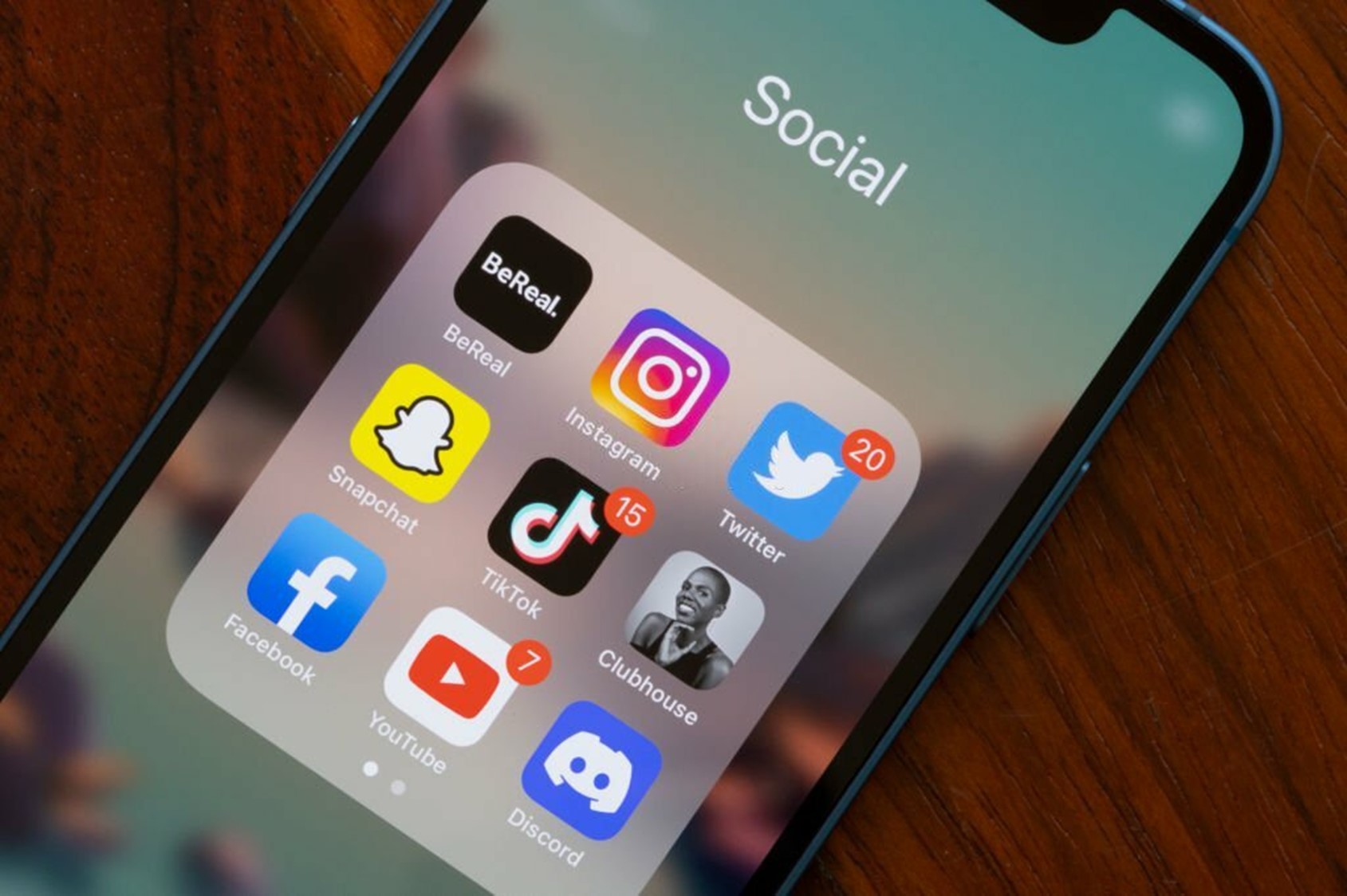Mobile Applications: Transforming the Digital Landscape
Mobile Applications, commonly known as apps, have become an integral part of our daily lives. From communication to entertainment and productivity, these digital tools have revolutionized the way we interact with technology. In this article, we’ll explore the evolution of mobile applications, their impact on businesses and consumers, technical aspects, challenges, and future trends.
Introduction
Definition of Mobile Applications
Mobile applications, or apps, are software programs designed to run on mobile devices such as smartphones and tablets. They offer a diverse range of functions, catering to various needs and preferences.
Proliferation of Mobile Apps
The number of mobile apps available today is staggering, reflecting the increasing reliance on smartphones for various tasks. From banking to fitness tracking, there seems to be an app for almost everything.
Evolution of Mobile Applications
Early Days of Mobile Apps
In the early 2000s, mobile apps were simplistic and primarily focused on basic functionalities like messaging and calendars. The introduction of app stores revolutionized the distribution and accessibility of these applications.
Technological Advancements
Advancements in mobile technology, including improved processors and network capabilities, have allowed developers to create more sophisticated and feature-rich apps. This evolution has paved the way for the diverse app landscape we see today.
Popular Mobile App Categories
Social Media Apps
Social media apps have redefined the way we connect and share information. Platforms like Facebook, Instagram, and Twitter have become ubiquitous, influencing not only personal communication but also business marketing strategies.
Gaming Apps
Gaming apps have witnessed explosive growth, with millions of users engaging in mobile gaming daily. The accessibility of gaming apps has turned mobile devices into portable gaming consoles, attracting a broad audience.
Productivity Apps
Apps designed to enhance productivity, such as note-taking apps and project management tools, have become essential for individuals and businesses. These apps streamline tasks and contribute to efficient time management.
Impact on Business
Mobile Apps for Marketing
Businesses leverage mobile apps as powerful marketing tools. These apps provide direct access to consumers, allowing for targeted advertising, promotions, and personalized communication.
Mobile Commerce and Sales Boost
The integration of e-commerce into mobile apps has transformed the retail landscape. Mobile commerce, or m-commerce, enables users to make purchases with a simple tap, driving sales for businesses and enhancing the consumer shopping experience.

Technical Aspects
Platforms: Android vs. iOS
The battle between Android and iOS platforms is a defining aspect of mobile app development. Developers often face the challenge of choosing between these two dominant operating systems, considering factors such as market share and user demographics.
App Development Technologies
The tools and technologies used in app development play a crucial role in determining an app’s functionality and performance. From native development to cross-platform frameworks, developers must choose the right approach for their projects.
Future Trends
Augmented Reality Apps
The integration of augmented reality (AR) into mobile apps opens new possibilities for immersive experiences. From gaming to education and retail, AR has the potential to redefine how users interact with digital content.
Integration of AI in Mobile Apps
Artificial intelligence (AI) is playing an expanding role in enhancing the capabilities of mobile apps. From intelligent virtual assistants to personalized recommendations, AI-driven features are becoming integral to the user experience.
Impact on Social Interaction
Changing Communication Patterns
The rise of messaging apps has transformed how people communicate, with instant messaging becoming the norm. Mobile apps facilitate real-time conversations, breaking down geographical barriers.
Social Media and Connectivity
Social media apps play a central role in connecting individuals and communities. They provide platforms for socializing, sharing experiences, and staying informed about global events.
App Monetization Strategies
In-App Purchases
In-app purchases have become a popular revenue model for app developers. Offering additional features or content for a fee provides users with choices while generating income for developers.
Advertising Models
Advertising within apps is a common monetization strategy. From banner ads to sponsored content, developers explore various advertising models to generate revenue while keeping the app free for users.
App Store Optimization (ASO)
Importance of ASO
App Store Optimization (ASO) is crucial for making an app discoverable among the multitude of available options. Optimizing keywords, visuals, and descriptions improves an app’s visibility in app stores.
You May Also Like: Smartphone Technology: Revolutionizing the Digital Era
Best Practices for ASO
Effective ASO involves regular updates, responsive customer support, and soliciting user reviews. Implementing these best practices enhances an app’s chances of standing out in a competitive marketplace.

Conclusion
In conclusion, mobile applications have evolved into powerful tools that shape our digital experiences. From enhancing business operations to providing personalized conveniences for consumers, the impact of mobile apps is undeniable. As technology continues to advance, we can expect further innovations and transformative changes in the mobile app landscape.

